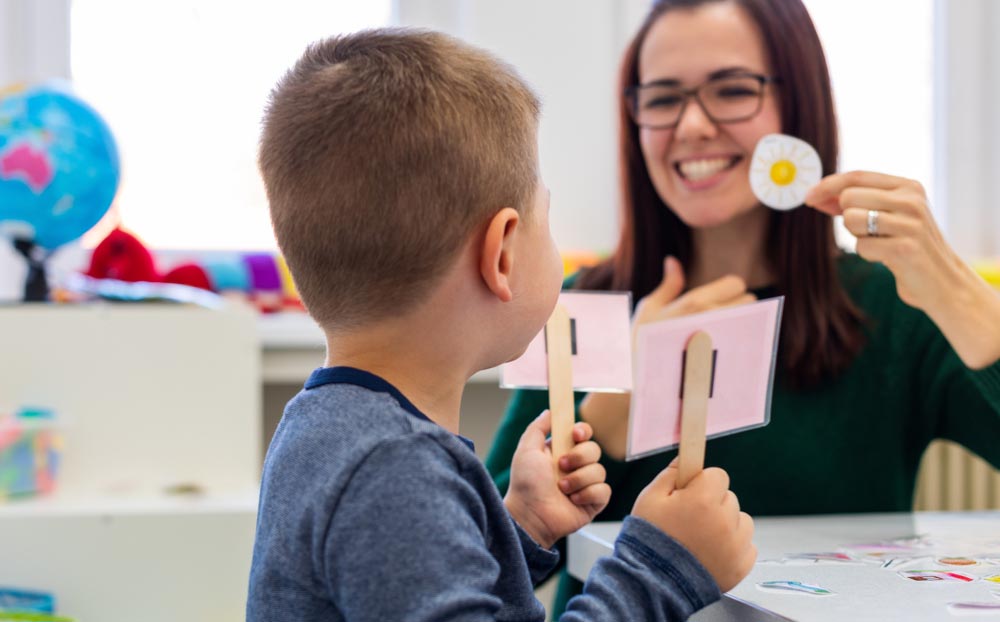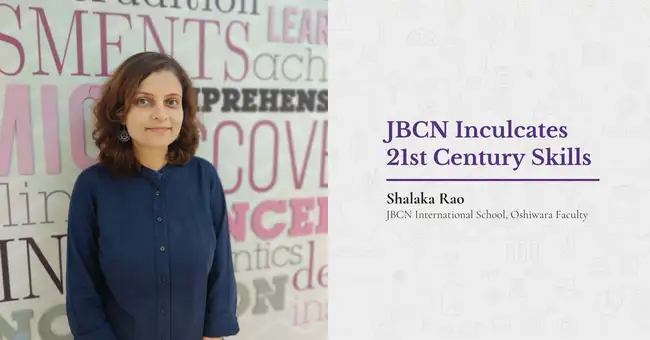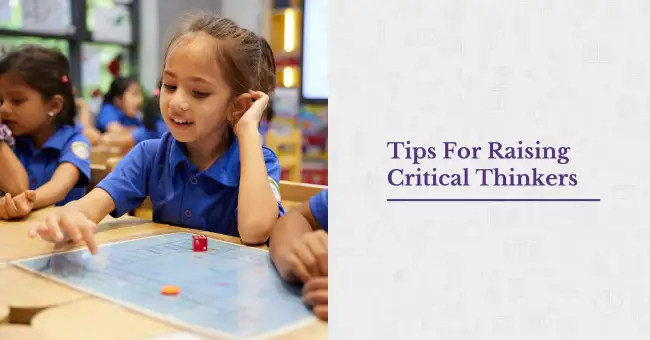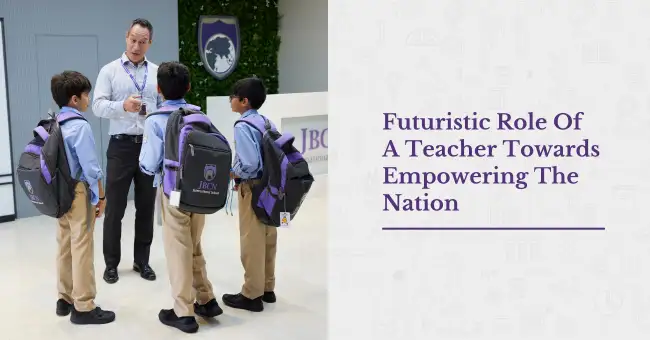
In today’s fast-changing world, children must know practical applications of concepts rather than just remembering information. Thus, to aid your child’s growth of becoming an active learner rather than a passive recipient of information, emphasis must be laid on their ability to think critically. Critical thinkers are always using their ability to reason, to actively question ideas and assumptions rather than just accepting them at face value.

Children are fast learners and absorbing knowledge continuously, hence, it is recommended that one must encourage them to think critically from an early age. It might sound daunting when someone asks “how to raise critical thinkers”, but in reality, it involves simple exercises and practices between you and your child.
Here are 6 effective tips for raising critical thinkers:
1. Encourage Asking “How?” And “Why?” Instead Of “What?”
Knowing just the definition of a topic isn’t enough as that information can be superficial and may give a sense of false security about the knowledge on that subject. Children should understand the cause and effect behind a particular phenomenon or topic which will allow them to go beyond the bare facts and really think about the subject.For example, asking the definition of photosynthesis isn’t enough; the child needs to go beyond the definition and understand how it affects humans or why humans need plants to conduct photosynthesis

2. Intervene Only When Needed, Not Immediately:
Try counting to 120 before intervening in the activity your child is having difficulty in. This is necessary because you need to give your child the time and space he/she needs to understand a problem, think of the possible solutions, and then execute the one he/she thinks is best. Although it might be challenging, giving them time will instil the skills for continued problem-solving. You may provide them with enough information, so they don’t get discouraged and give the task, but not so much that it ends up solving the problem completely.3. Communicate Your Thought Process To Your Child:
As a parent, there will be times when you are needed to intervene in case your child is having difficulties. Children learn best from observing how you think; hence, you should communicate your thought process and your process of decision-making when you are navigating through the problem. This will help them understand how to handle future challenges in an effective way.4. Encourage Your Child To Develop Hypothesis:
Forming a hypothesis helps your child understand all the possible outcomes of his/her decision. This will help in developing skills to think one step ahead of the problem where they can analyse the possible outcomes before making informed decisions for themselves.For example, try asking them “if you do this, what do you think will happen next?” Not only will this encourage your child to form a hypothesis, but it will also help you understand the thought process of your child, further helping you to see if your teaching methods need any changes.

5. Ask Follow-Up Questions:
While your child tackles a problem, ask him/her follow-up questions such as “how do you know this?” or by encouraging them with affirmations such as “that is interesting, tell me more”. It will increase their confidence, making them feel that their thoughts are valued and heard. When the children solve a problem by themselves, asking them about their learning in the process can go a long way in reinforcing the concepts.
6. Encourage Them To Understand How Their Views Might Differ From Others:
Let’s assume you are teaching your child about climate change; you can ask him/her “if people in country A are experiencing climate change, how will it affect people in country B?” Questions with variables like this will help them understand that a problem can have different perspectives from different people. Trying to understand others’ perspectives to solve problems is an essential element of creative problem-solving.
Critical thinking flourishes when children have the freedom to make choices, plan their time, and create something from scratch. It does not necessarily need a topic as this skill is more about the process of reaching their objective and teaching your children to think for themselves. Adding to that, it is also essential to establish a healthy dialogue between you and the learner so that there is room for discussions, and they can approach you for clearing their doubts as they learn. While moulding your child’s ability to reflect and act on their thoughts, you must also keep in mind that learning is a gradual process which will require patience and a gentle hand when the situation is less than ideal. If you are faced by a road-block during this process, then it is advisable to take a break not only for your child but also for yourself. Do an activity which restores their spirit as well as yours, and then slowly get back on the learning curve. Directing your child’s questions, listening and responding to them in a manner will encourage an independent thought-process which is integral to developing their critical thinking skills in the long run.











